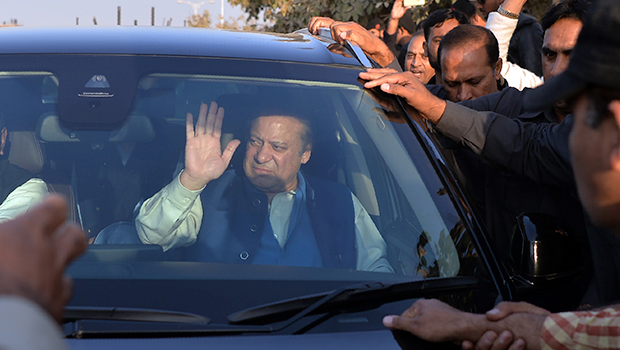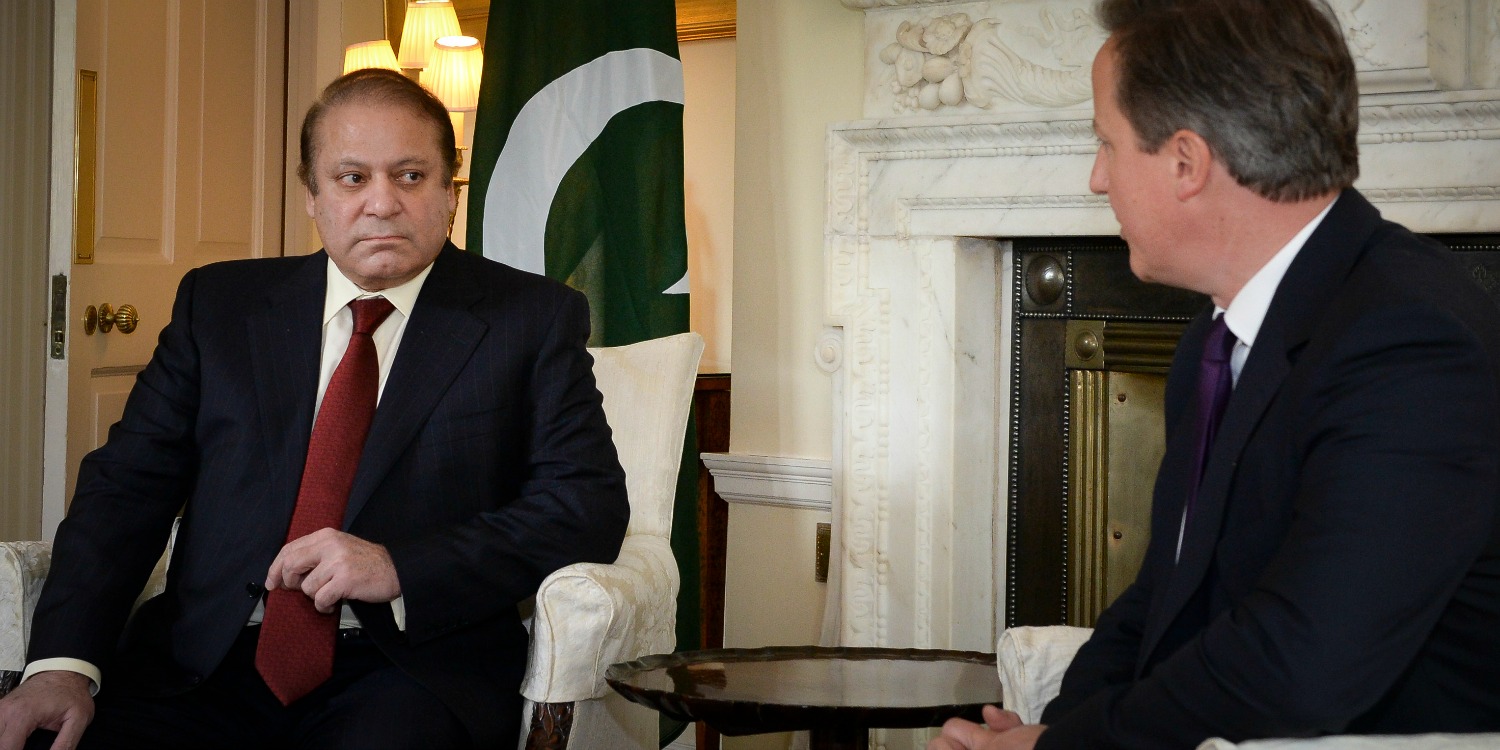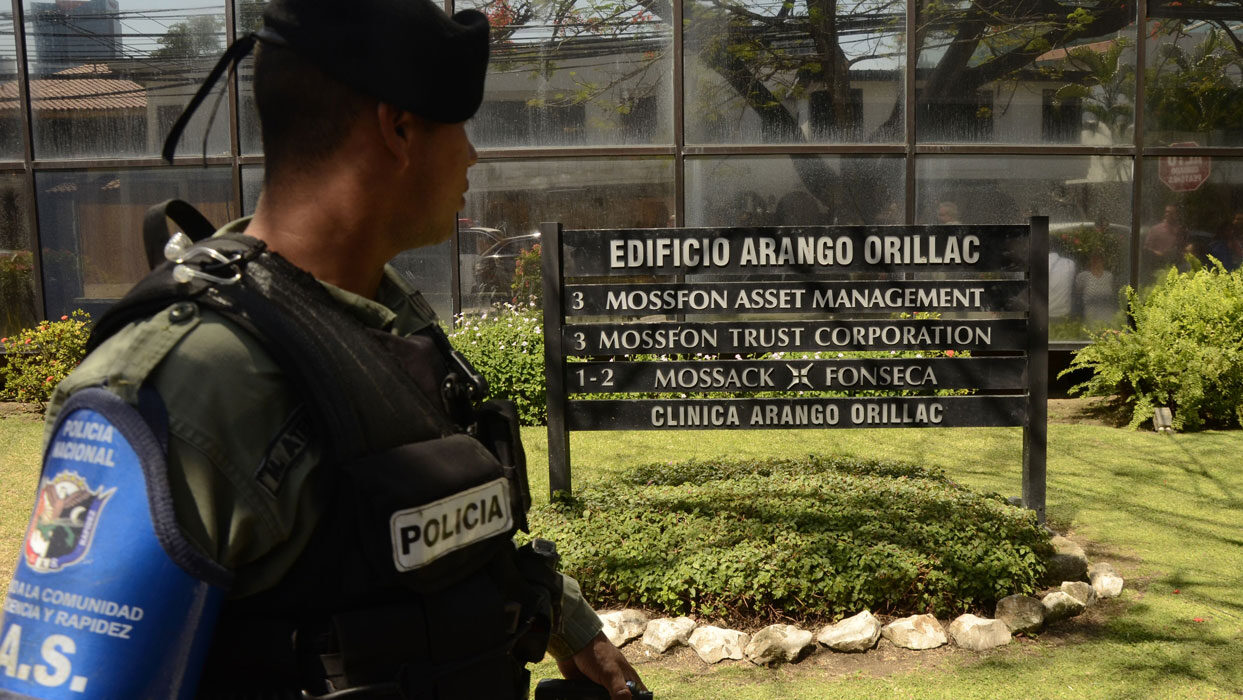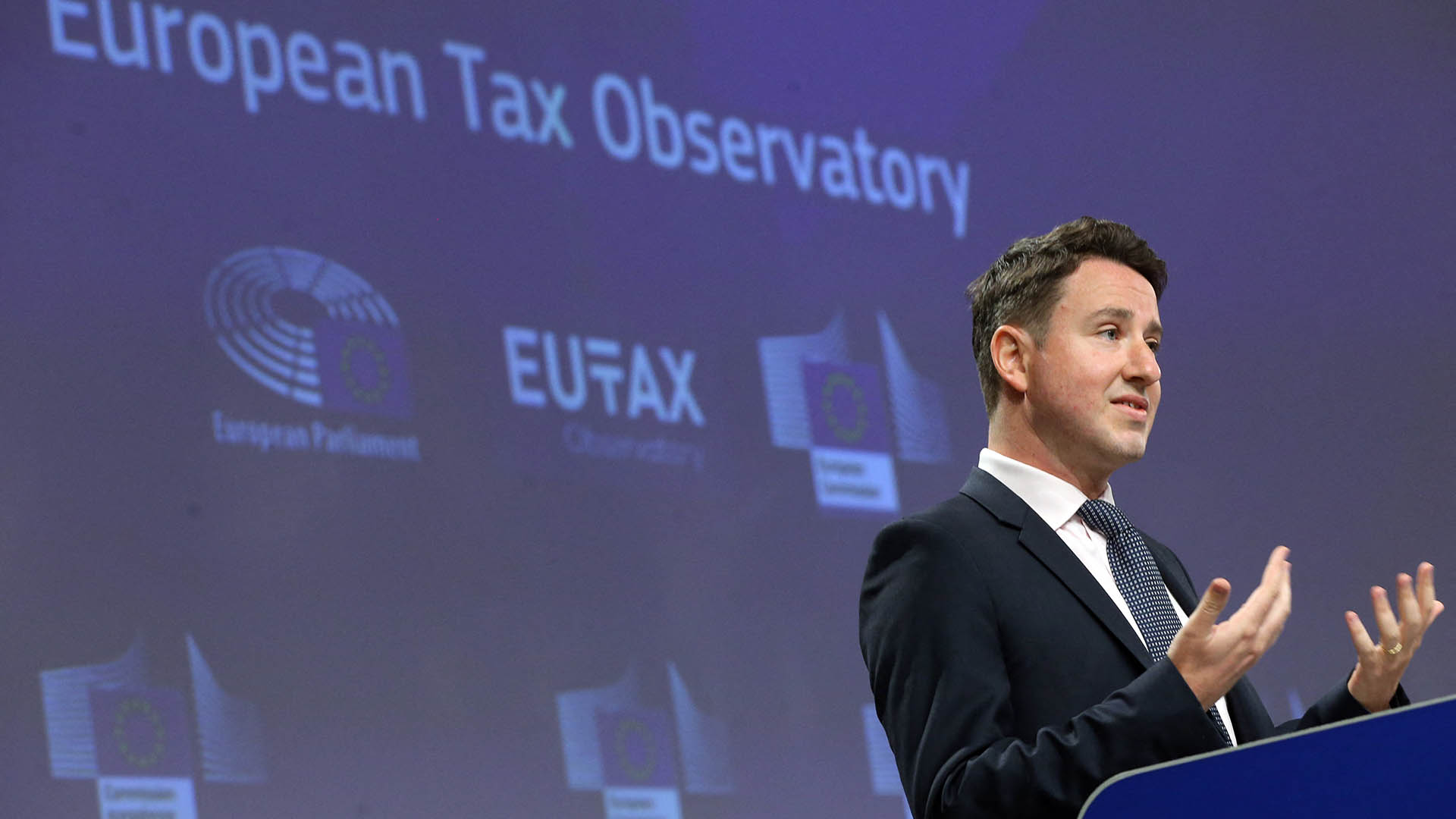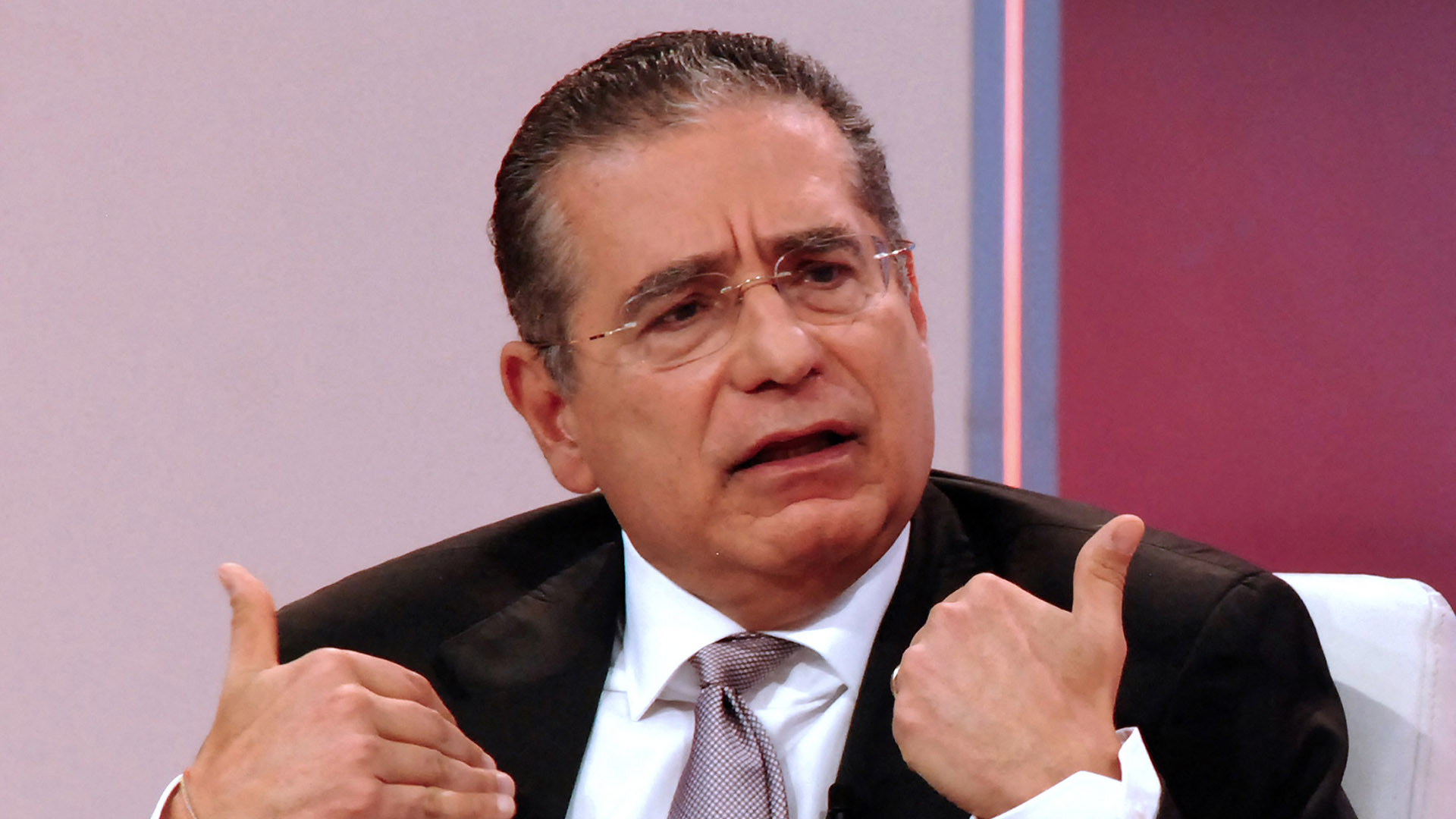Pakistan’s decision to permanently ban former prime minister Nawaz Sharif from politics has been greeted with gunfire and the headlines ‘Game Over’ and ‘Disqualified for Life.’
The Supreme Court’s clarification that the earlier-imposed ban was one for life was considered ‘historic’ by prominent Pakistani observers.
Following the unanimous ruling, in two separate incidents, shots were fired at the house of one of the judges who heard the case, Justice Ijaz ul Ahsan.
Justice Ijaz ul Ahsan has also sat on other recent cases involving the besieged former prime minister. Police have not confirmed that the events are connected.

The downfall of Sharif started, post Panama Papers leaks, in July last year when the Supreme Court ousted him from office for hiding his offshore assets.
He fought back, arguing that the ban applied only to the next round of elections, scheduled for this summer, according to local media.
But the five-judge panel dismissed the argument, finding that he didn’t live up the Pakistani constitution’s requirement that politicians be “righteous” and “honest.”
“Faithful adherence” to that article, the chief justice reportedly stated in the verdict “provides a recipe for cleansing the fountainheads of the State from persons who suffer from character flaws.”
Echoing some of Sharif’s supporters, current prime minister and Pakistan Muslim League-Nawaz ally Shahid Abbasi, said the government accepted the decision, but ‘’history will not,” according to Radio Pakistan.
How Sharif’s downfall unfolded?
On April 4, 2016, the ICIJ and its media partners, including Pakistani outlet The News, published the Panama Papers. The investigation found that Sharif had failed to disclose earnings from his participation in his son’s company based in Dubai, and that his children had used offshore companies to buy property in London. They all denied wrongdoing.
On April 20, 2017, Pakistan’s Supreme Court found insufficient evidence to remove Sharif based on corruption allegations and ordered an investigation into the charges.
On July 28, 2017, Pakistan’s Supreme Court handed down the “Panama Papers verdict, disqualifying Sharif from holding office over an undeclared source of income. (It did not specify the duration of the disqualification.) Sharif stepped down.
On October 19, 2017, Pakistan’s anti-corruption court indicted Sharif and his daughter – seen as his possible successor. (The case is pending.)
Finally, on April 13, 2018, the Supreme Court clarified that inability to adhere to article 62 of the constitution warrants a lifetime ban from politics, because it indicates that political leaders shall be “trustworthy.”
The moral overtones of the verdict have worried those who considered the disqualification based on ethical matters, rather than on legal and accountability standards.
Some observers said it also showed how powerful the court has become over the parliament.
“From here, anything is possible and anyone can be a target,” wrote The Dawn’s Cyril Almeida. “Now that the court has unsheathed the sword of [the constitution article] 62 (1)(f), why would the court allow the politicians to take the sword away?” he asked. “There are no easy answers.”
The verdict “set a potentially sweeping precedent,” wrote The Economist correspondent Memphis Barker. With Pakistan’s elections looming, he added, “[w]hoever wins, will have a boot on their neck and a gavel poised to strike them over the head.”
The Supreme Court rules that politicians it disqualifies for “dishonesty” (ie Nawaz Sharif) are banned from politics for life. That is a massive power to hold over parliament. Some background here https://t.co/NXcTp0pyls
— Memphis Barker (@memphisbarker) April 13, 2018
As the country prepares to elect its next leader, Sharif faces a corruption trial and possible prison time. The verdict is expected in the coming weeks.
